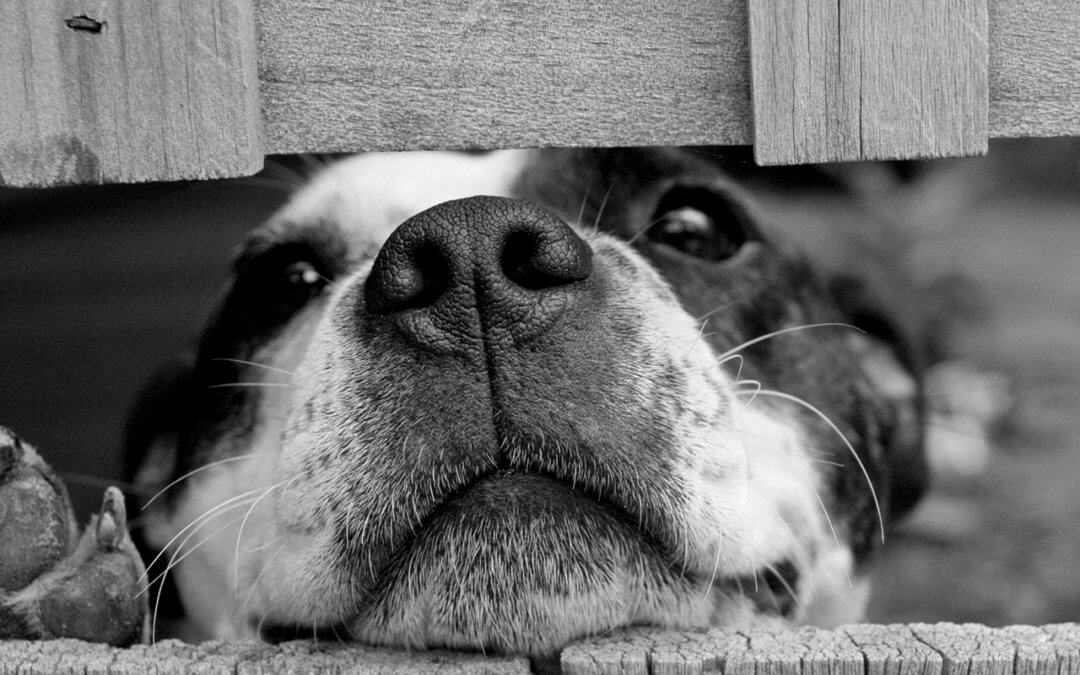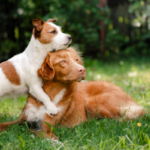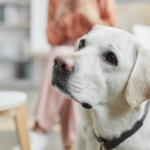Did you know that dogs and cats are considered senior when they reach 8 years of age? Most importantly, senior pets require some extra special attention to help keep them happy and healthy.
Here are some of the best ways you can care for your senior pet:
1. Regular health checks
More regular health checks are absolutely essential for your ageing pet. There can be many changes that occur to your pet’s health over a year (equivalent to 6-8 years in human years). A check up every 3 – 6 months will help us pick up on any changes and allow us to initiate a treatment plan to help your pet live a healthier and more comfortable life.
2. Appropriate diet
Our ageing pets have changing nutritional requirements. Older animals may be less able to cope with excessive nutrients or particular deficiencies. We recommend you feed your senior pet a complete and balanced premium food suitable for a mature pet. These help to maintain ideal body condition and will improve longevity. Ask us for a specific diet recommendation.
3. Keep an eye out for changes
Fluctuations in weight, appetite, thirst and urination can be a sign of an underlying disease. As can the presence of a cough, a change in sleeping habits, stiff joints and accidents around the house. It’s also a good idea to run your hands over your pet every week and feel for any new lumps or bumps. If you find anything new or unusual, arrange a lump check with us as soon as possible. And don’t be tempted to just put these changes down to ‘getting old’ as they are not normal!
Did you know dogs can get dementia?
It’s true. Doggy dementia (also known as Canine Cognitive Dysfunction) has been recognised for some time and has many similarities to Alzheimer’s disease in humans.
Some of this signs of the disease can be subtle so you may not even realise your elderly canine is suffering from the disease.
Watch out for:
- Disorientation and confusion
- Lack or decreased levels of interaction with family members or other pets
- A disturbance in sleep patterns, pacing at night, unable to settle
- Forgetting toilet training
- Reduced activity levels
- Barking for no reason, staring at walls, getting stuck in corners
The most important point to remember is that there are many other diseases that can lead to any of the signs of dementia so diagnosis involves assessment of your pet and is a process of elimination. This is just another example of why regular checkups are essential for a senior pet.
The good news is that we have a prescription diet available that may help improve brain function as well as medications that may improve the condition and others to help reduce any anxiety your pet may be experiencing.
Phone us if you have any questions about your senior pet, we are here to give you the best advice.






